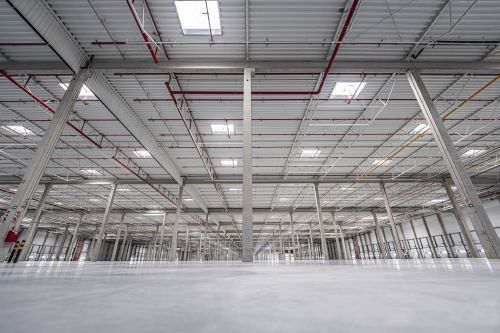Retail Apocalypse is a term that refers to a revolution sweeping through the American retail ecosystem resulting in bankruptcies or serious problems for many retail chains. Such companies as Sears, Nine West, Toys ‘R’ Us and Diesel have recently filed for bankruptcy. A footwear retailer Payless has declared bankruptcy twice in the last two years (in 2017 and 2019) and is to close 2,500 of its stores (being the largest retail liquidation in history according to BusinessInsider.com).
Other chains are scaling back their operations: in 2017 retailers closed a record-breaking 102 mln square feet [9.47 mln sqm] of store space, but in the following year that record was broken by 50 pct (155 million square feet). 2019 will bring more closings: Gymboree - 805 stores, Shopko - 371, Gap - 230, Sears - 70, Victoria's Secret - 53, Abercrombie & Fitch - 40. More than 6,000 stores are to be closed in 2019, and according to Forbes – 75,000 will disappear by 2026, including 25 pc





























































Strong warehouse sector whilst capital cautious and offices yet to rebound
Strong warehouse sector whilst capital cautious and offices yet to rebound
Poland’s commercial real estate market enters 2026 in good health and with solid growth potential. Warehouses remain one of the strongest sectors in Europe, while constrained ...
Newmark Polska
The end of greenwashing as flex grows in strength
The end of greenwashing as flex grows in strength
The office sector is entering a period of deeper qualitative and financial scrutiny. Decisions regarding new projects, refurbishments, or leasing are now supported by more thorough ...
Walter Herz
The quiet revolution in Małopolska
The quiet revolution in Małopolska
Developers across the region are increasingly favouring heat pumps and photovoltaic systems over traditional gas boilers in warehouse construction. This shift marks a growing commi ...
Axi Immo